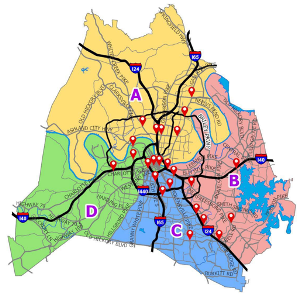On Tuesday, August 15, 2023, Nashville-Davidson County Metro Council approved a resolution (RS2023-2342) that allows the full implementation of license plate reader (LPR) technology by the Metro Nashville Police Department. The resolution came following a 6-month pilot program that began on January 23, 2023 and ended on July 22, 2023.
The Nashville Chamber supports the full implementation of LPR technology as a critical tool for improving safety in our community. Public safety is at the core of the region’s quality of life. The Nashville Chamber has a vested interest in promoting the Nashville region and the downtown area as a safe and thriving neighborhood for businesses, residents, and visitors. The Nashville Chamber is also aware of concerns around LPR technology and data access/storage. We appreciate the great care and rigid guidelines put in place by Metro Nashville, MNPD, and NDOT to ensure that the prospective use of LPR technology would be well researched and that adequate precautions would be taken to mitigate possibility of civil rights or privacy infringements.
Results of the Pilot Program
During the 6-month pilot period, law enforcement used the technology to assist in missing persons cases (ex. Amber/Silver Alerts), and investigate and prosecute felony offenses, violent crimes, reckless driving (ex. street racing), and stolen vehicles and license plates. LPR technology has proven highly effective in identifying and locating stolen vehicles, and apprehending suspects believed responsible, including the arrest of a suspect currently on bond for First Degree Murder. Vehicles stolen during car-jackings and robberies have also been recovered, securing their use from further violent crimes or other criminal activity. In other instances, apprehended suspects have had outstanding warrants for other offenses, or admitted to other criminal activity, including robberies and felony probation violations. Other apprehensions have yielded the discovery of meth, cocaine, and other dangerous narcotics, as well as stolen guns. As of July 11, 2023 during the pilot program, 94 stolen vehicles have been identified and recovered, leading to the arrest of 101 individual suspects, including wanted persons. These have occurred within a short time span despite a limited deployment.
LPR technology is already being used by multiple police departments surrounding Nashville, including Mt. Juliet, Belle Meade, Brentwood, Franklin, Gallatin, and Hendersonville. With limited exception, Metro Code had previously prohibited the operation of LPRs installed onto or within the public right-of-way. LPRs are permitted on private property.
LPR Usage and Data Storage
LPR systems capture a contextual photo of the vehicle, an image of the license plate, the geographic coordinates of where the image was captured, and the date and time of the information collection. There is no personally identifiable information contained in an LPR record and the MNPD operator can only determine the registered owner of a vehicle by querying a separate government database of the vehicle license plate records. The LPR guidelines approved by Metro Council also require regular audits and restricted conditions under which LPR data can be shared outside MNPD.
LPR data is stored for no more than 10 days unless part of an investigation or “pending or anticipated litigation.” Authorized users will not examine data that was collected more than one hour prior to the examination in order to generate reasonable suspicion. Access would be logged and limited to 10 specially trained employees within the Nashville police department. LPR data in Tennessee is not subject to public records or FOIA requests.
In a letter to council members when the original LPR legislation was being debated, Nashville Police Chief John Drake stated “LPR information will NOT be shared with ICE for any type of immigration enforcement.” U.S. Immigration and Customs Enforcement does have the ability to access LPR data by subpoena, which the department would presumably honor.
During the pendency of the 6-month pilot program by MNPD, no known complaints from the public have been submitted to the MNPD, District Attorney General, Public Defender, Mayor’s Office, or through hubNashville alleging violations of the Metro Code, improper use, infraction of civil liberties, or similar individualized complaints.
How LPR Locations Were Chosen
Davidson County was divided into 4 equal quadrants based on the 2020 population census. A density layer for 2021-2022 Part 1 UCR Violent Crime Incidents (homicide, rape, robbery, aggravated assault) was created. MNPD then ensured that all sites were located on major and collector streets as defined in the NashvilleNext Major and Collector Street Plan.
24 fixed locations were selected equally over 4 quadrants were needed to evaluate the LPR technology during the pilot program, resulting in 6 per quadrant. Each location had to be able to accommodate a strong cell signal and be operated by solar power.
In addition, MNPD had 10 LPR cameras on motor vehicles and 7 LPR cameras on security trailers.
Location of 24 Fixed LPR Cameras – MNPD

